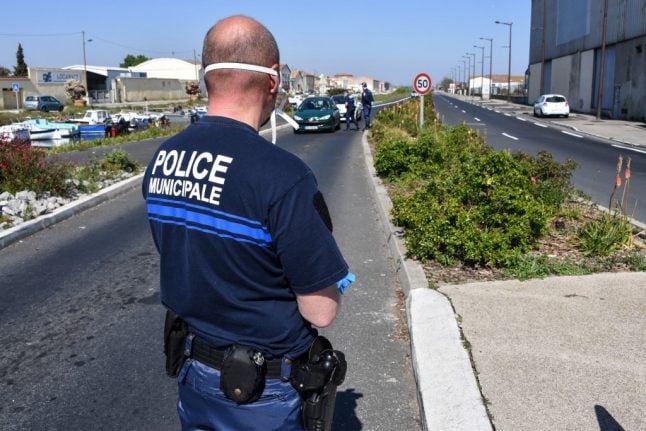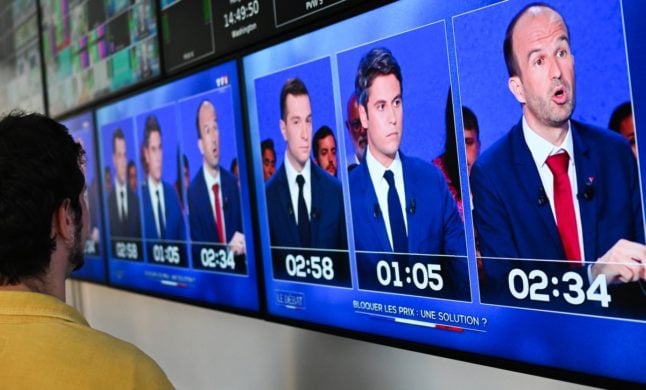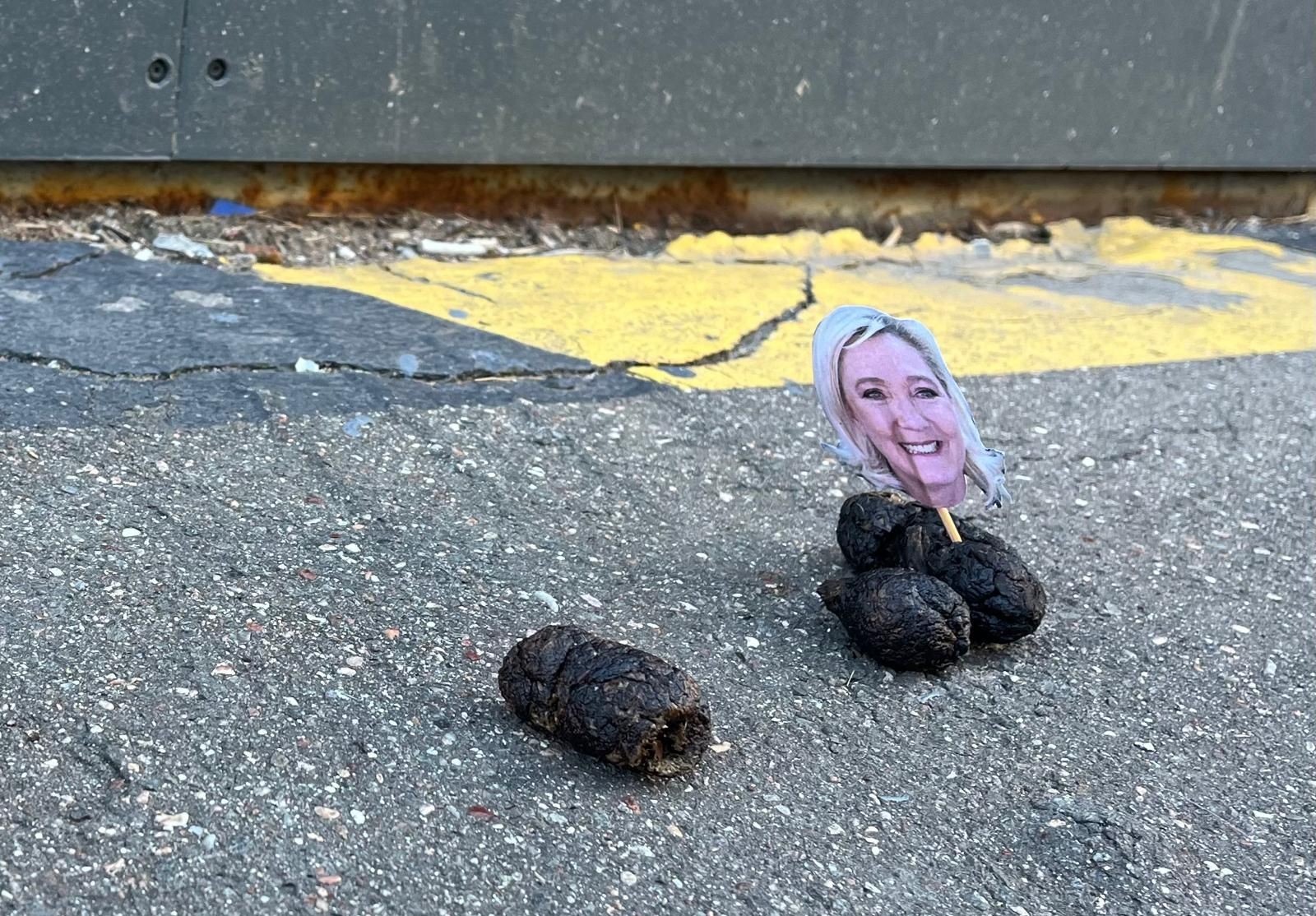France has been in lockdown since March 17th, with people only allowed out of their homes for essential reasons such as shopping and everyone needing a signed, dated and timed attestation every time they leave the house.
READ ALSO How does France's new smartphone lockdown permission form work?
Over the past week there has been a slow but steady decrease in the number of daily deaths, and the number of people in hospital with coronavirus. Experts are remaining cautious, but it has been enough for the politicians to begin work on the plan to lift France's lockdown restrictions and get the country back to work.
Ministries are currently working on their own plans, these will all be put together by the end of April and debated in the French parliament at the start of May before a final plan is released.
But as the days go by we are learning more detail about the shape of life after May 11th.
Here's what we know so far;

Schools
Schools, crèches and post-16 colleges will open gradually from May 11th.
Universities will not resume in-person classes “before the summer”.
The reopening of schools will be gradual, with some classes going before others and – crucially – parents will be given the final choice on whether to send their children back straight away or wait a little longer.
But the president and Prime Minister Edouard Philippe have both stressed the need for schools to reopen in order to protect the most disadvantaged pupils, who cannot access learning at home.
We have full details on the school reopening here.
Businesses
Some businesses will start to reopen from May 11th but again this will be a gradual process.
Essential businesses such as food shops and pharmacies have remained open throughout and this will be gradually widened so that more people can get back to work.
Macron described getting businesses back to work as “a priority” that was essential for the country's economy and said as many as possible should go back to work to relaunch the country's industry, businesses and services.
However people who can work from home will be asked to continue to do so for the immediate future.
Bars, cafés and restaurants
However the May easing of restrictions will not include bars, cafés and restaurants. Along with cinemas, museums, tourist sites and other businesses that attract large crowds, these will remain shut for longer, although Macron did not say exactly how long.
The extension of the lockdown to 11 May was about in line with expectations. He seemed to believe it was a firm date. The economy would reopen them. The surprise – and a blow to bars, restaurants etc – was the warning that the would remain closed for longer than that.
— John Lichfield (@john_lichfield) April 13, 2020
Public events
It has always been understand that events such as sports matches and concerts that attract large crowds would be the last thing to resume, and Macron has said this will not happen until at least mid July.
Travel
France, along with the rest of the EU, has closed its borders to travel from outside the EU (excluding the UK) and this will continue after May 11th.
France has recently brought in strict border controls in which anyone travelling from inside Europe (including the UK) needs to present a travel certificate and non-French citizens are only allowed into the country if they are permanent residents or their journey meets strict criteria of essential travel.
Macron did not mention when these conditions might be lifted.
READ ALSO France's tightens borders with new international travel certificate
Elderly/vulnerable people
People who fall into high risk groups – those over 70 or with serious long-term health conditions – will be asked to continue to self isolate after May 11th, with Macron telling them that the measure is “for your own protection”.
Testing
Macron outlined a three-pronged strategy for ending the lockdown – testing, masks and technical tracking solutions.
From May 11th, France will begin testing everyone who has coronavirus symptoms.
The country has been massively expanding its testing programme from previously testing only healthcare workers and people in high risk groups, and Macron said that from May 11th, there would be sufficient capacity to test everyone who has symptoms, even mild ones.
Anyone who tests positive will be quarantined, but the president did not specify how that would be organised.
But the president backed away from the idea of mass testing, saying that it “made no sense” to test everyone in France.
Masks
The French government has been in recent days revising its previous advice that only sick people need to wear masks.
From May 11th, masks will be available for everyone, via their local government authorities, and Macron said that the wearing of masks when out of the house should become the new normal, especially on public transport.
Macron did not specify how this would be done. France has been shot on masks since the beginning of the coronavirus outbreak, with health personnel, police officers and other groups on the front line of the epidemic complaining that they lacked stocks.
Masks offer little protection to stop you from getting the virus, but they can prevent wearers – many of whom may have no symptoms – from spreading it.
Tracking
The French government is relying on technical solutions to track the virus and an app has been created that will allow people to check if they have been in contact with anyone who has had the virus.
However use of the app remains voluntary and anonymity will be guaranteed, Macron said.
Macron indicated that a vaccine would be the only solution for ending the pandemic, adding there was no evidence of so-called herd immunity among people in France for now.
“According to the initial data… a small minority of people in France have contracted COVID-19,” he said.
À tous les travailleurs et chefs d’entreprise : je sais votre angoisse dans cette période. Les mesures pour vous protéger vont être prolongées et renforcées. pic.twitter.com/b35mMFKjms
— Emmanuel Macron (@EmmanuelMacron) April 13, 2020
Economy
Like all political leaders, Macron is attempting the delicate balancing act of keeping the virus contained but without totally trashing the country's economy.
READ ALSO
- Chômage partiel: How to access France's temporary unemployment scheme
- Self employed or small business owner in France? This is the help you are entitled to during lockdown
He said that once the lockdown begins to be lifted we then face the challenge of “rebuilding French agriculture, industry and technology”.
France has already put in place measures to help employees, self employed people and small businesses and Macron announced the extension of some of these schemes including the chômage partiel for employees who can no longer work.
The president said these measures would be “extended and reinforced' throughout the remaining period of the lockdown, and that they would be supplemented with possible financial aid packages for low-income families. Details of these steps would be laid out on Wednesday.
Not a bad performance. Admitting mistakes was good and necessary. But he also rightly pointed to French successes. He was less bombastic/military than in previous TV addresses. A little too technical at times. But also more intimate/human than he usually manages.
— John Lichfield (@john_lichfield) April 13, 2020
A 'detailed plan' within two weeks time
On Tuesday morning, Interior Minister Christophe Castaner told France Inter that the government would publish a detailed plan for what happens after May 11th sometime “between now and 15 days.”
Castaner also said “what had been announced was not an unwinding of the lockdown on May 11th, it was the continuation of the lockdown until May 11th.”
This was, in other words, another extension of the lockdown, the certainty of which depended on the state of the country by that date.




 Please whitelist us to continue reading.
Please whitelist us to continue reading.
Member comments